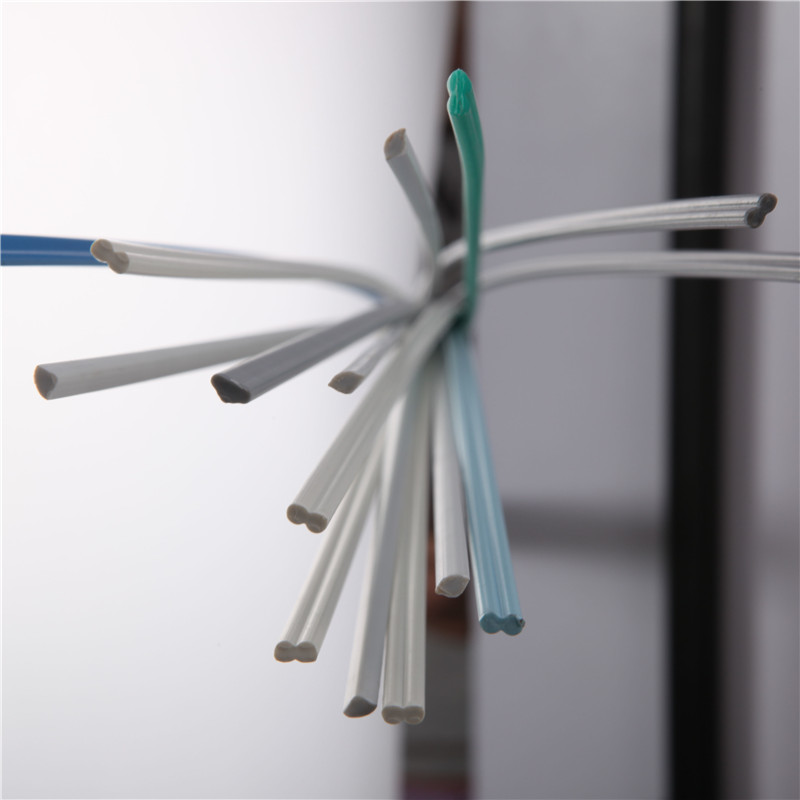Dec . 10, 2024 21:32 Back to list
Understanding PVC Bar Applications and Benefits in Various Industries
The Versatility of PVC Bars Applications and Benefits
Polyvinyl chloride, commonly known as PVC, is one of the most widely used synthetic plastic polymers globally. Among its various forms, PVC bars have gained popularity across different industries due to their unique properties and versatility. This article explores the advantages, applications, and characteristics of PVC bars, highlighting why they have become a preferred material for many businesses and consumers.
Characteristics of PVC Bars
PVC bars are rigid and durable, making them suitable for a wide array of applications. One of their most significant characteristics is their resistance to corrosion and chemicals. Unlike metal, PVC does not rust or degrade when exposed to moisture or various chemicals. This quality ensures that PVC bars maintain their structural integrity over time, even in challenging environments. Additionally, these bars are lightweight compared to alternatives like metal or wood, which makes them easier to handle and transport.
Another noteworthy feature of PVC bars is their flexibility in terms of customizability. They can be manufactured in various colors, sizes, and thicknesses to meet the needs of various applications. Furthermore, PVC bars can be easily cut, shaped, or machined, allowing businesses to create bespoke solutions that suit specific requirements.
Applications of PVC Bars
The versatility of PVC bars has led to their adoption in many industries. In construction, PVC bars are commonly used for window frames, doors, and cladding. These bars provide excellent thermal insulation, enhancing energy efficiency in buildings. Due to their resistance to moisture and rot, PVC bars are also preferred for applications in kitchens and bathrooms where exposure to water is common.
pvc bar

In the manufacturing sector, PVC bars serve as structural components in a range of products. They are used in creating signs, displays, and promotional products, thanks to their light weight and ability to retain vibrant colors without fading. Furthermore, the electrical insulation properties of PVC make these bars suitable for a variety of electrical applications.
The food industry also benefits from the use of PVC bars, particularly in applications requiring hygiene and cleanliness. PVC is easy to clean and resistant to bacteria, making it ideal for surfaces and equipment in food processing and preparation.
Additionally, the crafting and DIY sectors have embraced PVC bars as a malleable yet robust material for creating art, decorations, and functional objects. Their availability in various colors and finishes has inspired countless projects, allowing artists and hobbyists to explore their creativity without limitations.
Environmental Considerations
While PVC bars offer numerous advantages, it's essential to consider environmental aspects. PVC is a thermoplastic, meaning it can be recycled, though the recycling infrastructure for PVC is not as robust as it is for other materials like PET. Efforts are underway to improve PVC recycling processes, making it a more sustainable option for the future. Moreover, manufacturers are increasingly focusing on creating more eco-friendly formulations to reduce the environmental impact of PVC products.
Conclusion
PVC bars represent an ideal solution for a wide range of applications, thanks to their durability, flexibility, and resistance to various environmental factors. As industries continue to innovate and seek materials that offer efficiency and sustainability, PVC bars are poised to remain a popular choice. Their versatility and practicality make them a go-to product for both professionals and DIY enthusiasts alike, showcasing the remarkable potential of this polymer in our everyday lives. Whether used in construction, manufacturing, or creative pursuits, PVC bars demonstrate that utility can indeed come in stylish and functional forms.
-
HDPE Natural Sheet: Durable, Food-Grade & Versatile Plastic Solutions
NewsAug.27,2025
-
Durable Glossy PVC Rigid Sheet | Premium High-Shine Panels
NewsAug.26,2025
-
Durable PP Rigid Sheet: Lightweight, Chemical Resistant Solutions
NewsAug.21,2025
-
PVC Grey Sheet for Extraction: Chemical Resistant & Durable
NewsAug.19,2025
-
Durable PVC Pipe Fittings for Plumbing & Irrigation Needs
NewsAug.18,2025
-
HDPE Steel Belt Reinforced Spiral Corrugated Pipe | High Strength
NewsAug.17,2025

